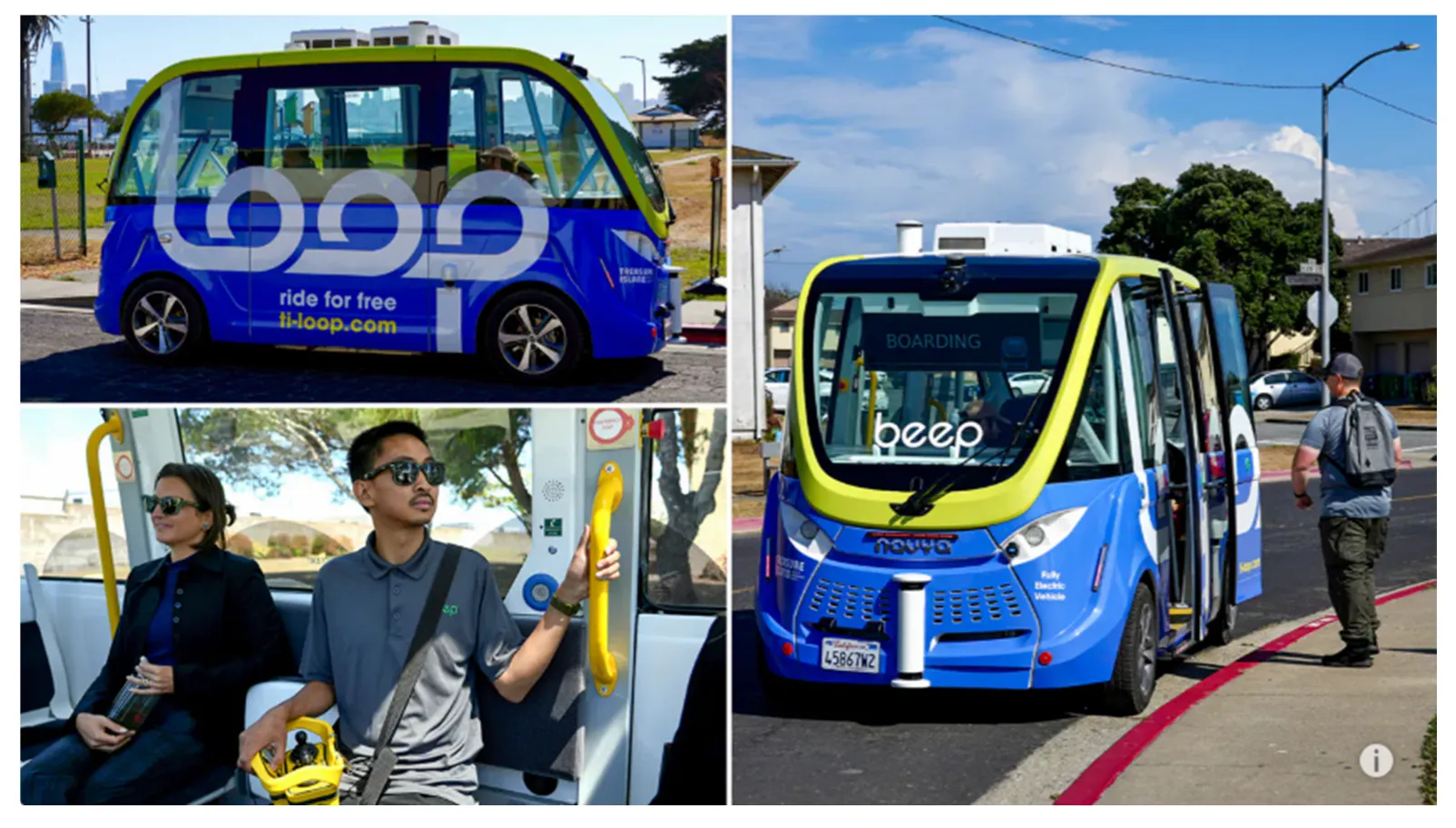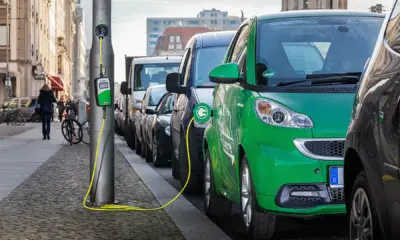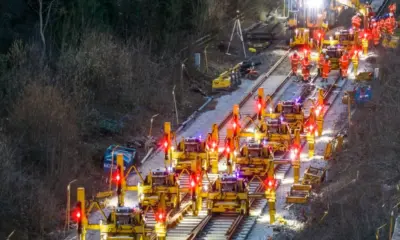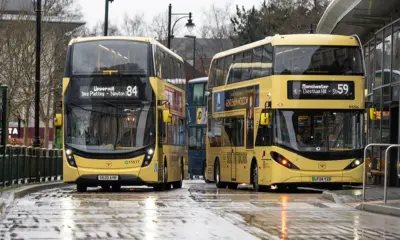Entertainment
The Future of Public Transport Upgrades and Smart Mobility Plans

Public transport across the United Kingdom is undergoing a major transformation as cities adopt smarter mobility solutions designed to improve efficiency, reduce congestion and create cleaner urban environments. London remains at the centre of national transport innovation, with ongoing upgrades to bus networks, rail systems and digital mobility platforms. As public expectations shift toward convenience and sustainability, transport authorities are reimagining mobility through technology driven strategies that address both current challenges and long term demands.
Modernising rail and underground networks
Rail and underground systems continue to form the backbone of London’s transport infrastructure. Modernisation plans include upgraded signalling systems, better station accessibility and improvements to train frequency during peak hours. Transport authorities are investing in new technologies that monitor track conditions, manage passenger flow and predict maintenance needs. These upgrades reduce delays and improve reliability across the network. As London grows, a more resilient rail system is essential for supporting a mobile and connected population.
Expanding digital ticketing and real time travel information
Digital ticketing has become an integral part of transport upgrades. Contactless payment options now dominate usage, reducing queues and simplifying the passenger experience. Apps and digital platforms provide real time updates on train arrivals, service interruptions and alternative travel routes. These tools help commuters plan their journeys more efficiently and reduce unnecessary congestion. Smart ticketing systems also allow transport authorities to analyse travel patterns and develop better long term planning strategies.
Electric buses and cleaner transport fleets
Cities across the UK are accelerating the transition to electric buses and low emission fleets. London’s goal of reducing urban pollution has encouraged transport organisations to phase out older vehicles and introduce electric or hydrogen powered alternatives. These cleaner fleets offer quieter journeys, reduced emissions and improved fuel efficiency. As charging infrastructure expands and operational costs decline, electric public transport is becoming more viable. This transformation is a key component of national climate goals and sustainable urban development.
Integrating cycling and walking into mobility plans
Smart mobility strategies extend beyond public transport to include active travel. Cities are investing in safer cycling lanes, pedestrian friendly routes and micro mobility solutions that encourage healthier and more sustainable travel habits. London continues to refine its cycling network, offering more protected lanes and better connections between neighbourhoods. Encouraging walking and cycling reduces pressure on public transport systems and contributes to environmental and public health improvements.
Development of autonomous vehicle testing zones
Autonomous vehicles are becoming part of future mobility planning, and the UK is positioning itself as a leader in testing this technology. London and several regional cities are creating controlled testing zones where autonomous shuttles and smart road sensors can be evaluated. These projects help researchers understand safety requirements, traffic interactions and user acceptance. While widespread adoption may still be years away, early preparation allows the UK to remain competitive in the global race for smart transport innovation.
Mobility as a Service gaining momentum
Mobility as a Service is changing how people think about travel by integrating various transport options into a single digital platform. Users can plan routes that combine trains, buses, bikes and ride hailing services through one app. This model emphasizes convenience and reduces reliance on private cars. London is exploring MaaS partnerships that bring together public and private mobility providers. The approach supports a more flexible, efficient and sustainable transportation ecosystem.
Transport upgrades supporting economic growth
Improved mobility has direct benefits for economic development. Efficient transport networks reduce travel time, support business activity and attract investment. London’s expanding tech sector benefits from reliable transport systems that connect workers to innovation hubs. Tourism also gains from smooth transport experiences that improve the city’s global attractiveness. Continued upgrades ensure that the UK maintains its position as a competitive and vibrant economy.
A long term vision for smart and sustainable mobility
The future of public transport in the United Kingdom is defined by innovation, sustainability and user focused design. Investment in rail upgrades, digital ticketing, cleaner vehicles and integrated mobility solutions is reshaping urban movement. These efforts reflect a long term vision where technology enhances daily commuting, supports environmental goals and improves quality of life. As smart mobility plans advance, London and other UK cities are building a more efficient, connected and sustainable future for generations to come.




















